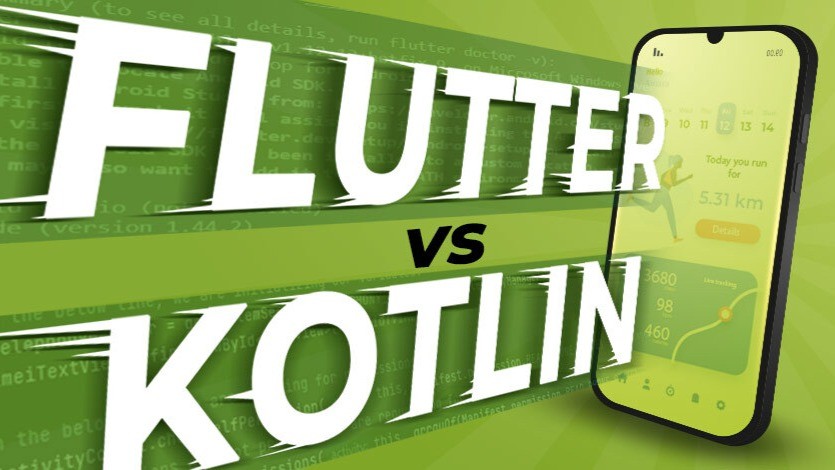When comparing Kotlin and Flutter for Android development, each has its strengths depending on your project needs. Here's a breakdown to help you decide which is better for your use case:
1. Kotlin (Native Android Development)
- Integration with Android: Kotlin is the official language for Android development, fully supported by Google and deeply integrated with Android Studio. It gives you direct access to Android SDK and all native features without any extra layers, which is great for performance and access to the latest Android APIs.
- Performance: Since Kotlin compiles to native bytecode, performance is excellent, making it a strong choice if you're developing apps that need close interaction with the hardware or require very high performance, such as games or high-precision apps.
- Mature Ecosystem: Kotlin benefits from a mature ecosystem, allowing developers to leverage the full power of Java and Android libraries while writing more concise and expressive code.
- Learning Curve: If you're coming from Java or another JVM-based language, Kotlin is easier to learn. It also has a more predictable development cycle due to being part of the Android ecosystem.
2. Flutter (Cross-Platform Development)
- Cross-Platform: Flutter, developed by Google, allows you to build apps for both Android and iOS using a single codebase. This is ideal if you want to develop for multiple platforms, reducing time and costs compared to building separate apps for Android and iOS.
- Fast Development with Hot Reload: Flutter offers fast development with its "hot reload" feature, allowing developers to see changes in real time, which significantly speeds up the development process.
- UI Flexibility: Flutter uses its own UI components (widgets) that provide a consistent look across platforms. It’s great for building visually appealing apps with custom designs, as you have full control over every pixel.
- Performance: While Flutter isn’t quite as fast as native Android development, it provides close-to-native performance by compiling to native ARM code. For most apps, the performance difference is negligible, but native Kotlin will be faster for resource-heavy apps.
- Choose Kotlin if your project is focused solely on Android, requires high performance, or needs deep integration with the Android OS.
- Choose Flutter if you’re aiming for cross-platform development, want faster development cycles, or are focused on UI-heavy, visually dynamic apps.
If you only target Android and want to fully utilize the Android ecosystem, Kotlin is the better choice. However, if you're building for both Android and iOS or need to reduce development time, Flutter is more advantageous.
Are you looking for smart IT services for your business? Get in touch with LTTRBX TECHNOLABS!
